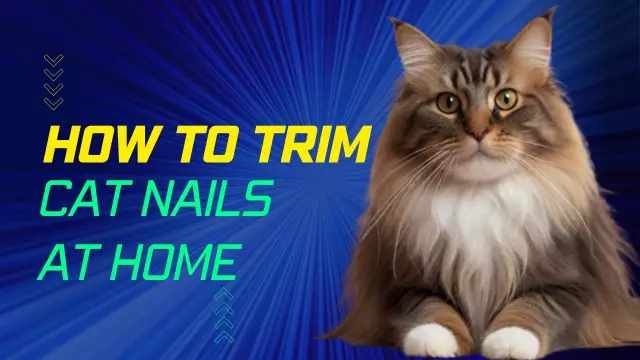- Author Delia Mathews mathews@animalspeace.com.
- Public 2024-01-08 22:57.
- Last modified 2025-01-22 15:45.
The parrot is a bright, vociferous bird. It takes root well at home and can become a loyal friend for you. True, to earn his trust, you have to work hard. Parrots, like many other pets, have their own characteristics that a person must reckon with.

It is necessary
nail clipper or nail clippers
Instructions
Step 1
Parrots living in captivity sometimes experience excessive claw growth. They interfere, they can curl into a ring or even into a spiral. This poses a danger to the bird. A grown claw can injure a parrot's leg. Having caught on to something, the bird can pull it out. And sometimes an overgrown claw can even cause the death of a parrot, if entangled, he cannot free himself, or a person does not help him in time.

Step 2
When living in natural conditions, the claws of a parrot grind off themselves. It is possible that the perches installed in the cage have a small diameter. At the same time, the parrot does not clasp them. They hang down and therefore do not grind down on their own. Quite often, the cages are equipped with smooth plastic structures. Replace them with several rough wooden perches of different diameters, but not less than 15 mm. The best perches are obtained from branches of apple, sycamore, elderberry. The cage should be free enough for the bird to move. Then the parrot's claws will grind naturally.

Step 3
If the need for a haircut has arisen anyway, do not worry, you can successfully do this procedure yourself. Get a nail clipper or nail clipper. Take the parrot in your fist. If he breaks out, wait a little, let him calm down. The bird's claws should be between your index and middle fingers. You can cover a large parrot with a towel, and carry out the procedure together - one holds, the other cuts. Consider the claw first. A blood vessel is clearly visible in it. Step back a few millimeters from its end and cut.

Step 4
If you have touched a blood vessel, apply a crystal of potassium permanganate to the wound. Keep holding until the blood stops. Young parrots should not cut their claws.






